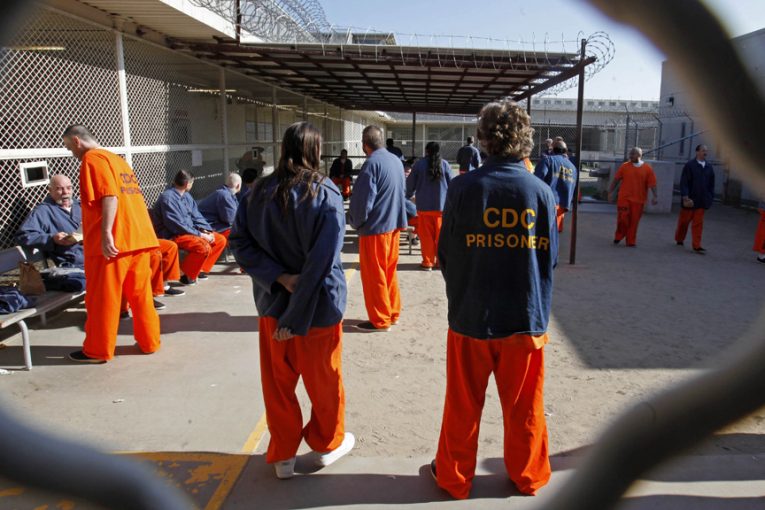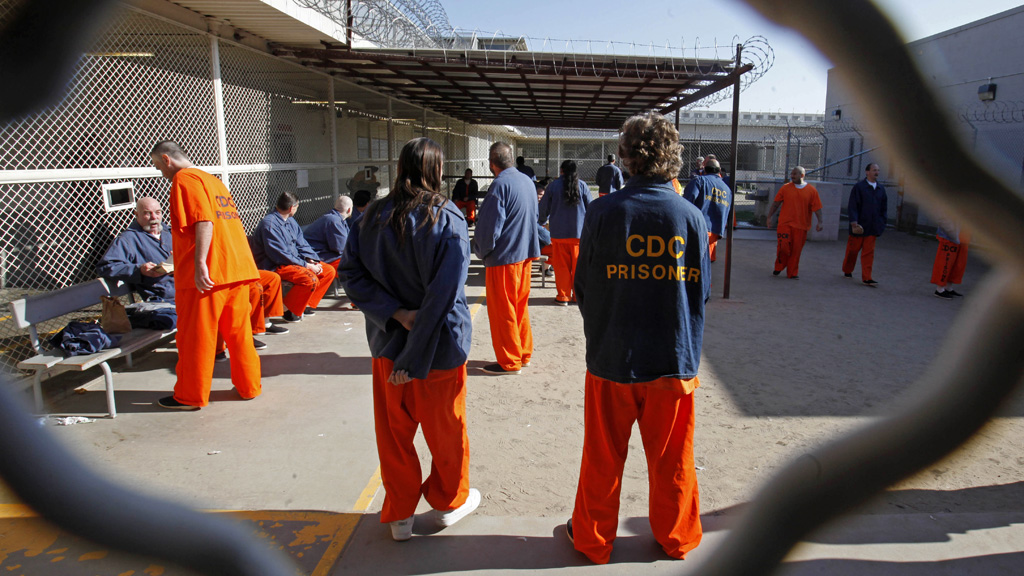

By William McCurry
STATE CAPITOL – State Senator Maria Elena Durazo questioned officials from the California Department of Corrections and Rehabilitation (CDCR) about the proposed closure of Deuel Vocational Institution – Gov. Gavin Newsom ordered a shutdown of the facility last October.
During a meeting on Corrections and Public Safety, CDCR officials informed the audience that Deuel Vocational Institution is not closed, but on a “warm shutdown,” which keeps plumbing, electrical, and water treatment operations active, with staff on hand, in case of an emergency.
The Legislative Analyst’s Office provides fiscal and policy advice to the Legislature. They claimed that the “warm shutdown” was expensive and that the CDCR fails to provide justification for the potential expenses that would arise from this.
“Deactivating a prison is not the same thing as closing one; the state must take bolder action,” said Statewide Policy Coordinator of Californians United for a Responsible Budget (CURB), Luz  Maria Flores
Maria Flores
She also noted, “Northern California Women’s Facility (NCWF) in Stockton was poised to close in 2003, but instead was ‘deactivated’ without releasing a single human being. California’s incarceration addiction found NCWF’s empty prison beds far too seductive: the prison was re-opened and filled again within four years. Will this DVI ‘closure’ just be more of the same?”
The Executive Director of CURB, Amber-Rose Howard, also expressed her doubts by adding that “Despite decades of dangerous overcrowding in California’s prison system and the impact of COVID at CDCR, not a single person is scheduled to be released because of DVI’s supposed deactivation.”
CURB also maintains the 67-year-old prison with repairs costing over $800 million is unsafe, charging that despite the overcrowding in the prison system that has been a problem for decades, not a single person is scheduled to be released due to Deuel Vocational Institution’s “warm shutdown.”
“A serious plan for prison closure means that closed prisons stay closed; prison populations are reduced through releases, not transfers to other unsafe facilities; corrections budget are slashed; investments in reentry and other services are prioritized; voices of justice-impacted people are heard; and that labor solutions for displaced prison staff are front and center,” insisted CURB.
“Let’s not forget the enduring need for a reckoning on racial injustice. That means not only dramatically increasing prison releases, but changing ‘tough on crime’ laws and policies that drive mass incarceration, fill the state’s empty prison beds, and reinforce a toxic culture of perpetual punishment” stated CURB.
To sign up for our new newsletter – Everyday Injustice – https://tinyurl.com/yyultcf9
Support our work – to become a sustaining at $5 – $10- $25 per month hit the link: